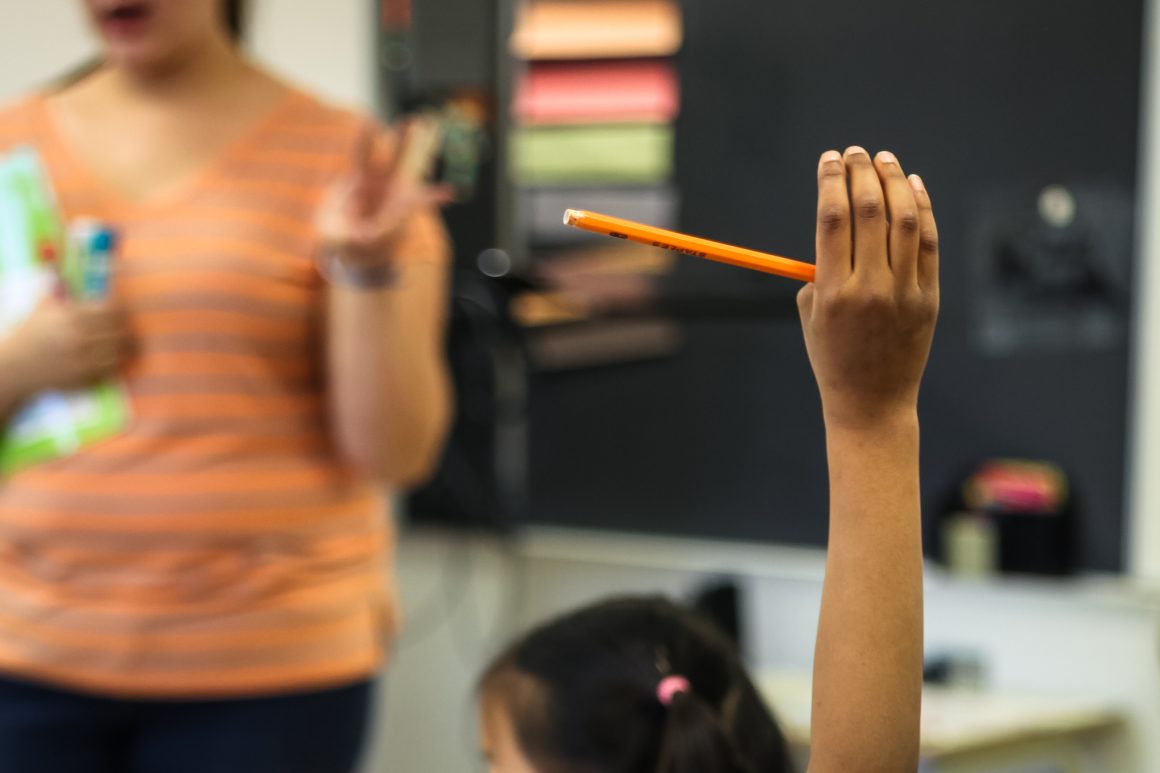
Webinar speaks to teacher and student resilience amid COVID-19
By Nikayla Goddard, June 6 2020 —
UCalgary’s Dig In! Breakfast Series has provided a series of early morning webinars on a variety of interesting topics. In light of COVID-19, a concern among educators and students — whether it be primary, secondary, or post-secondary — is how to stay connected to students, maintain one’s mental health and, most importantly, remain resilient in the face of the adversities we’re facing.
On May 21, two professors of the University of Calgary’s School and Applied Child Psychology program, Dr. Kelly Schwartz, Associate Professor, and Dr. Carly McMorris, Assistant Professor, presented The Resilient Teacher webinar. The primary topic of discussion was what resilience looks like during a pandemic, and how teachers and students can remain resilient.
“From a general model of resilience that I tend to follow,” Dr. Schwartz explained, “is that any time some adversity [happens] to us, it requires us to seek and find resources that are supports to us.”
Schwartz and McMorris were able to offer their expertise to the over 300 virtual attendants. Schwartz first talked about what exactly resilience is, calling on the research of Ungar (2013) to define resilience as the capacity of individuals to navigate their way to the psychological, social, cultural and physical resources that sustain their well being, and their capacity to individually and collectively negotiate for these resources to be provided and experienced in culturally meaningful ways.
“Resiliency is as much about recovery as it also is about navigating and negotiating new strengths that we might have found as a result of this,” Schwartz added.
“The framework of resiliency I think has been, I wouldn’t say mistakenly applied,” Schwartz explained after the webinar, “but over applied to addressing how we respond to things like adversity or trauma or risk and how it’s about coping and adapting. Certainly that’s a part of it, but aligned with that is also that it’s not just about recovery or getting back to normal functioning, in some cases it’s about identifying hidden strengths or hidden assets that maybe we didn’t know we had as a result. So I think for all students, primary, secondary, even into post-secondary, I think the pandemic has allowed us to again not only unearth some of the new ways that we can cope and adapt, but maybe also some of the strengths that we can use moving forward that we didn’t know that we had before.”
A short poll of the educators that attended the webinar showed that they felt they need the most support when it comes to supporting students with learning, social-emotional or behavioural needs. Other main choices included self-care and stress management for teachers, providing emotional/social support to students and moving to online practice.
In response to taking care of ourselves and others as educators and students, Schwartz responded, “One of the things that is really inspiring about some of the responses to adversities we’ve seen is how people are learning not only to take care of themselves, but finding ways to give back to others, to give back to the community. That is key to, I think, long-term resiliency.
“Getting back to ‘normal’ is going to be a stretch for all of us,” Schwartz said. While COVID-19 has forced us to be more connected with our communities and families, he says now it’s just a matter of making it “part of our everyday experience.”
